Barriers to mental health care
Mental health treatment can make a huge difference in a person’s life. But many people who might benefit from mental health treatment aren’t taking part in it. Why?
There are a number of reasons that a person might have trouble connecting to mental health care, or feel like they don’t want to. Here are a few common barriers to care.
Lack of accessibility – Mental health care can be expensive, leaving many people unable to afford the cost of services. Health insurance barriers, lack of services being offered in their area, and transportation issues can also make mental health care less accessible.
Stigma – Stigma is negative stereotypes, labels, judgments, and prejudice towards people living with mental health conditions that can lead to discrimination. Many people have “self-stigma” too - feeling shame about their own mental health. Stigma can prevent a person from acknowledging their mental health journey and keep them from seeking mental health services.
Lack of knowledge about mental health services – There are a lot of different kinds of mental health support available, but not everyone knows that. Sometimes, bad past experiences in mental health settings, or the way that mental health treatment is portrayed in the media, can also make people less likely to seek services. Learn more about mental health treatment settings here.
Concerns about relating to the provider – Some people may worry that a particular therapist, hospital or support group may not be able to empathize with or understand their feelings and thoughts. It is important to keep in mind that it typically takes a few tries to find a mental health provider that is a good match.
Seeking help is too hard – Navigating the system of mental health services can be stressful and upsetting, especially in a difficult time. Someone may not know where to start or know what services they need. The NAMI Chicago Helpline is here to help out with all of this - call us at 833-626-4244.
Lack of insight – When having mental health symptoms, some people may have “lack of insight”, meaning they are not aware of their own mental health journey and don’t see themselves accurately. This can vary over time and can make it difficult for a person to seek treatment.
Looking for help finding mental health care? Call NAMI Chicago’s Helpline at 833-626-4244. We’re here 7 days a week to lend a listening ear and help you make a plan.
References
Amador, X. (2012). I am not sick, I don’t need help. Vida Press, New York. 10th Edition. Retrieved from http://www.nami.org/getattachment/Learn-More/Mental-Health-Conditions/Related-Conditions/Anosognosia/I_am_not_sick_excerpt.pdf
Gulliver, A., Griffiths, K. M., & Christensen, H. (2010, December 30). Perceived barriers and facilitators to mental health help-seeking in young people: a systematic review. Retrieved March 07, 2017, from http://bmcpsychiatry.biomedcentral.com/articles/10.1186/1471-244X- 10-113
NAMI National. Anosognosia. http://www.nami.org/Learn-More/Mental-Health-Conditions/Related-Conditions/Anosognosia#sthash.H4GvcOGH.dpuf
